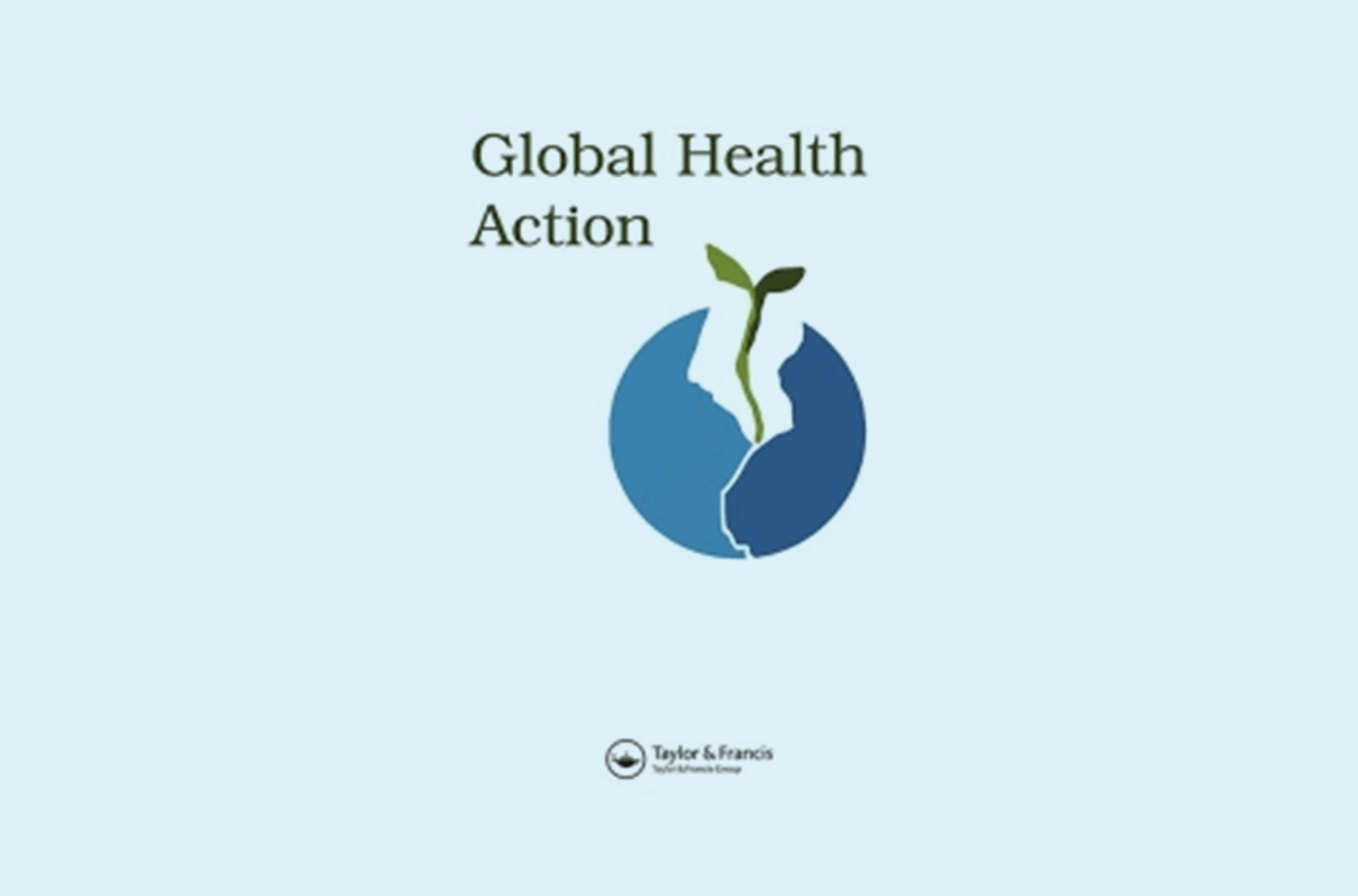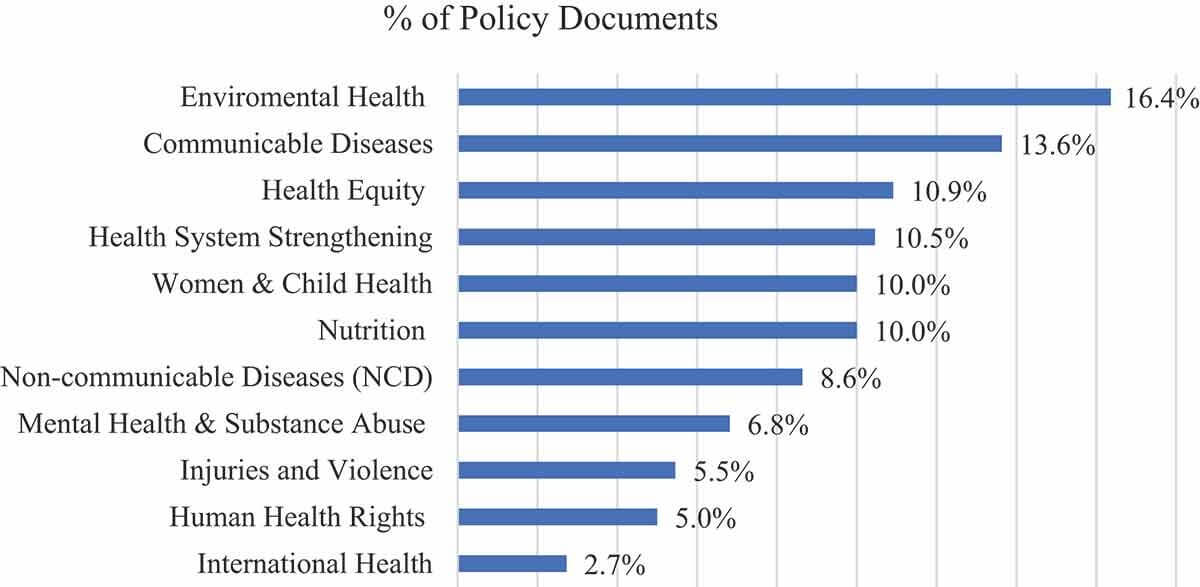
Global public health policies: gathering public health associations’ perspectives
by Liny Wilson, Sousan Hamwi, Francesca Zanni, Marta Lomazzi
Global Health Action, 2023;16(1) (Open access)
Background
Advocacy is one of the core functions of public health and is a key tool for achieving Sustainable Development Goals. Public health associations play a key role in advocating for the development and implementation of strategies to prevent diseases and promote health and well-being.
Objective
This study aims to map out the focus of public health advocacy carried out by selected national public health associations over 4 years, between 2018 and 2021, in order to identify gaps and strengths and support associations and professionals in their advocacy efforts.
Methods
Twelve national public health associations participated in the study. Official policy documents produced between 2018 and 2021 were collected and analysed. The title and summary of the policy documents were examined line by line and coded into the main subject categories and themes. A qualitative thematic analysis was conducted. Policies were assessed from global and regional perspectives.
Results
A total of 220 policy documents were analysed. Overall, the largest number of policy documents came from high-income countries and dealt with environmental health and communicable diseases, including COVID-19, with, however, important differences among regions. In the African region, public health advocacy focused mainly on strengthening health systems; Europe and South America were mostly concerned with communicable diseases and pandemic management; and North America and the Western Pacific regions focused primarily on climate change. Limited attention was paid to international health and health as a human right in all regions.

Distribution of global themes across policy documents
Conclusion
Our study showed that, especially in high-income countries, public health associations actively engage in advocacy; however, more effort needs to be devoted to implementing a more international and intersectoral approach at the global level, anchored in health as a human right and aligned with the Sustainable Development Goals.
Background
Advocacy definitions vary slightly depending on the discipline. The World Health Organization (WHO) defines health advocacy as ‘a combination of social actions designed to gain political commitment, policy support, social acceptance, and systems support for a particular goal or program’. In 2006, the WHO identified advocacy as a powerful tool for fighting the global epidemic of chronic diseases within public health. Advocacy has also been identified as a core tool for accomplishing the United Nations’ Sustainable Development Goals (SDGs) Agenda 2030….
Today, advocacy is considered one of the core functions of public health, and many health organisations devote significant efforts to developing and implementing effective advocacy policies and strategies. Advocacy within global public health involves the engagement of diverse stakeholders in the decision-making to improve population health. National public health associations (PHAs) and international non-governmental organisations (NGOs) play a vital role in advocating, advising decision-makers, guiding initiatives, and raising citizens’ awareness. Globally, advocacy actions have not been limited to PHAs and NGOs in developed countries; those in developing countries have also shown tremendous achievements in their advocacy efforts. Tools used to influence policy in public health advocacy include, but are not limited to, advocacy initiatives and campaigns, joint position statements, resolutions, and internal policies.
The World Federation of Public Health Associations (WFPHA) is an international NGO comprising the multidisciplinary national PHAs. Two of the current goals of WFPHA are advocating for health equity and global policies that improve the health of populations and supporting its members in this endeavour. As advocacy is not a single-step process, the most effective way to attain health equity is when advocacy is adapted to a broad strategy that includes both bottom-up and top-down advocacy. Accurate awareness of WFPHA’s member associations and partners’ foci in public health advocacy is a critical step in achieving global public health goals. The purpose of this study is to map out the focus of advocacy performed by selected national PHAs within the last 4 years to define gaps and strengths that will enable the reinforcement of advocacy activities in favour of health equity and population health, as well as in light of the SDGs….[continues]



